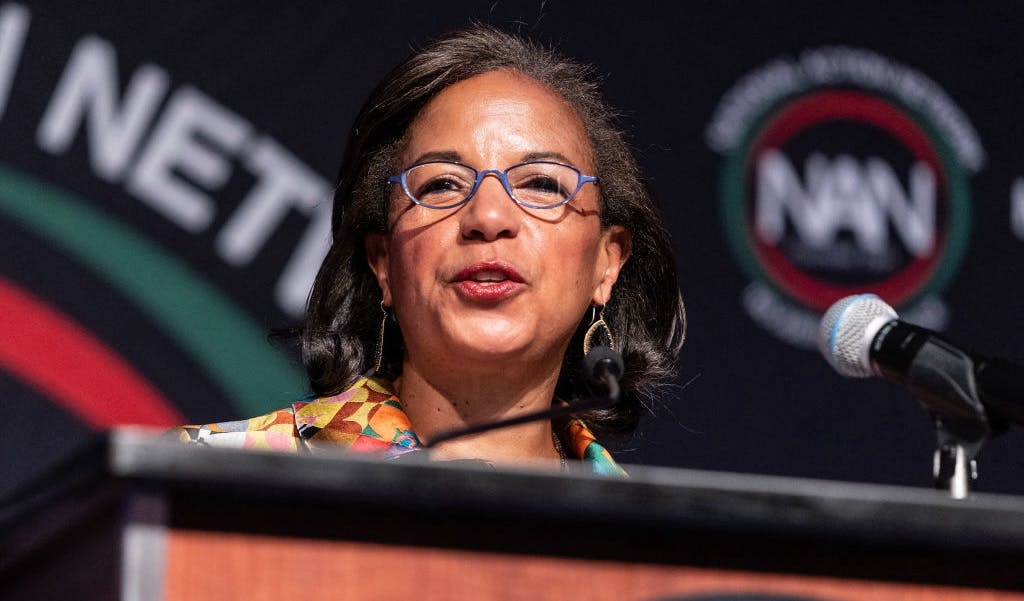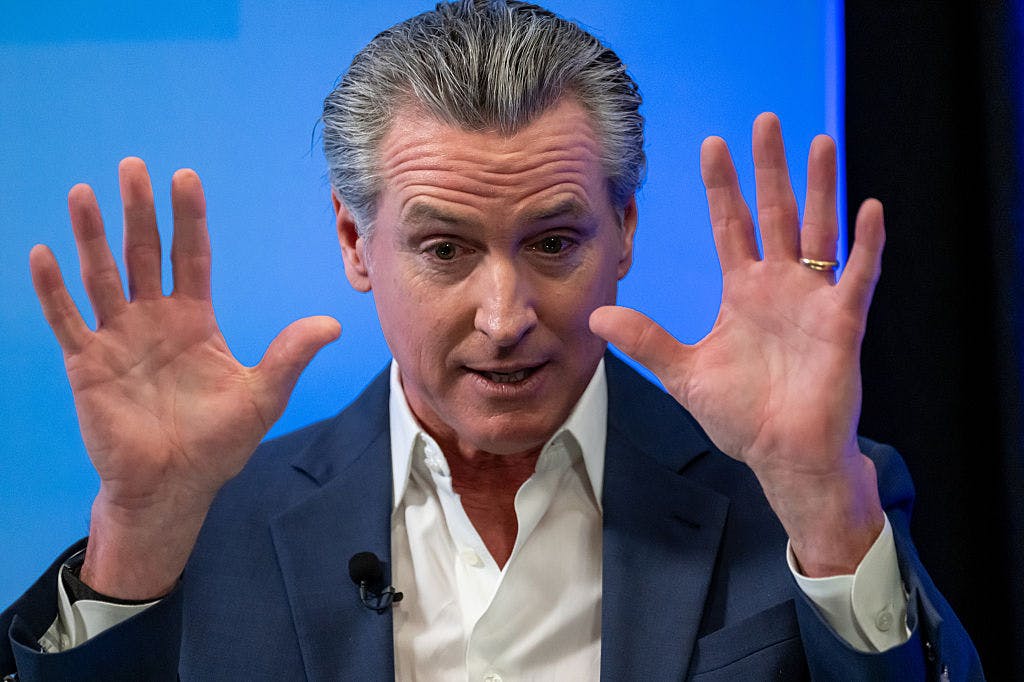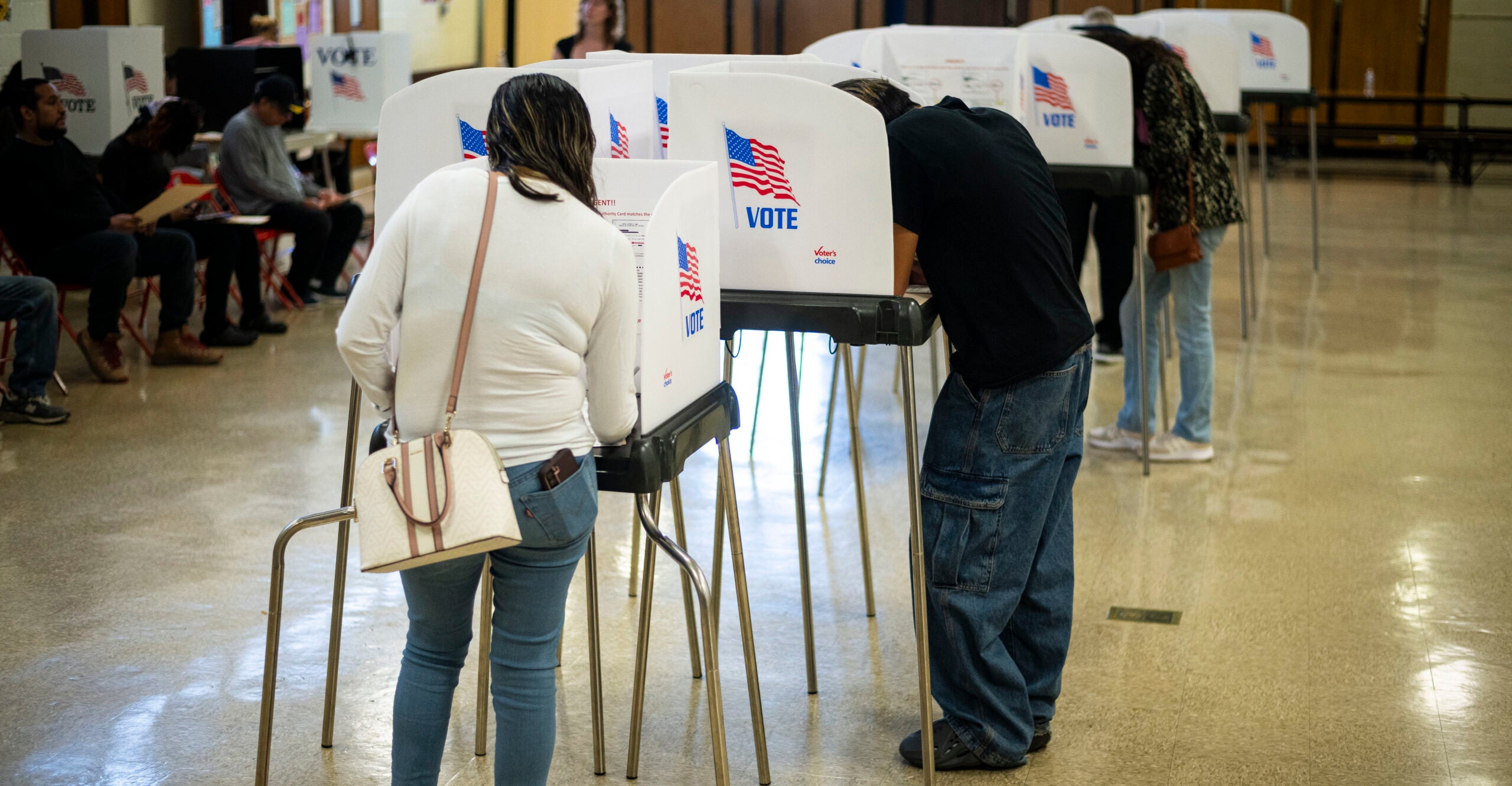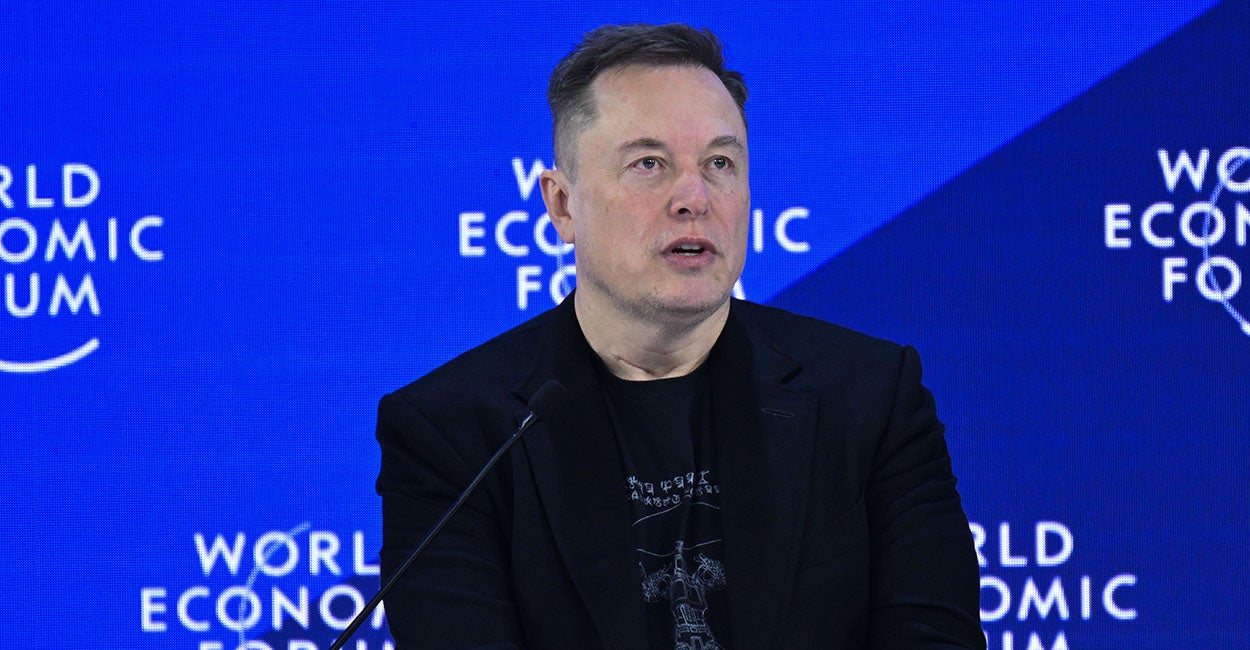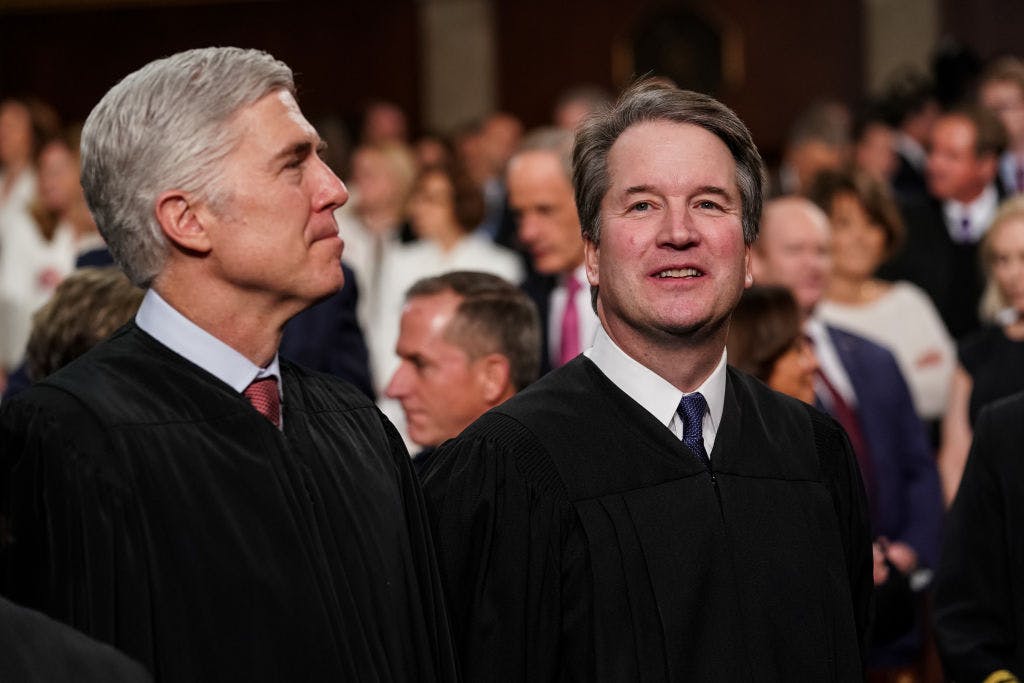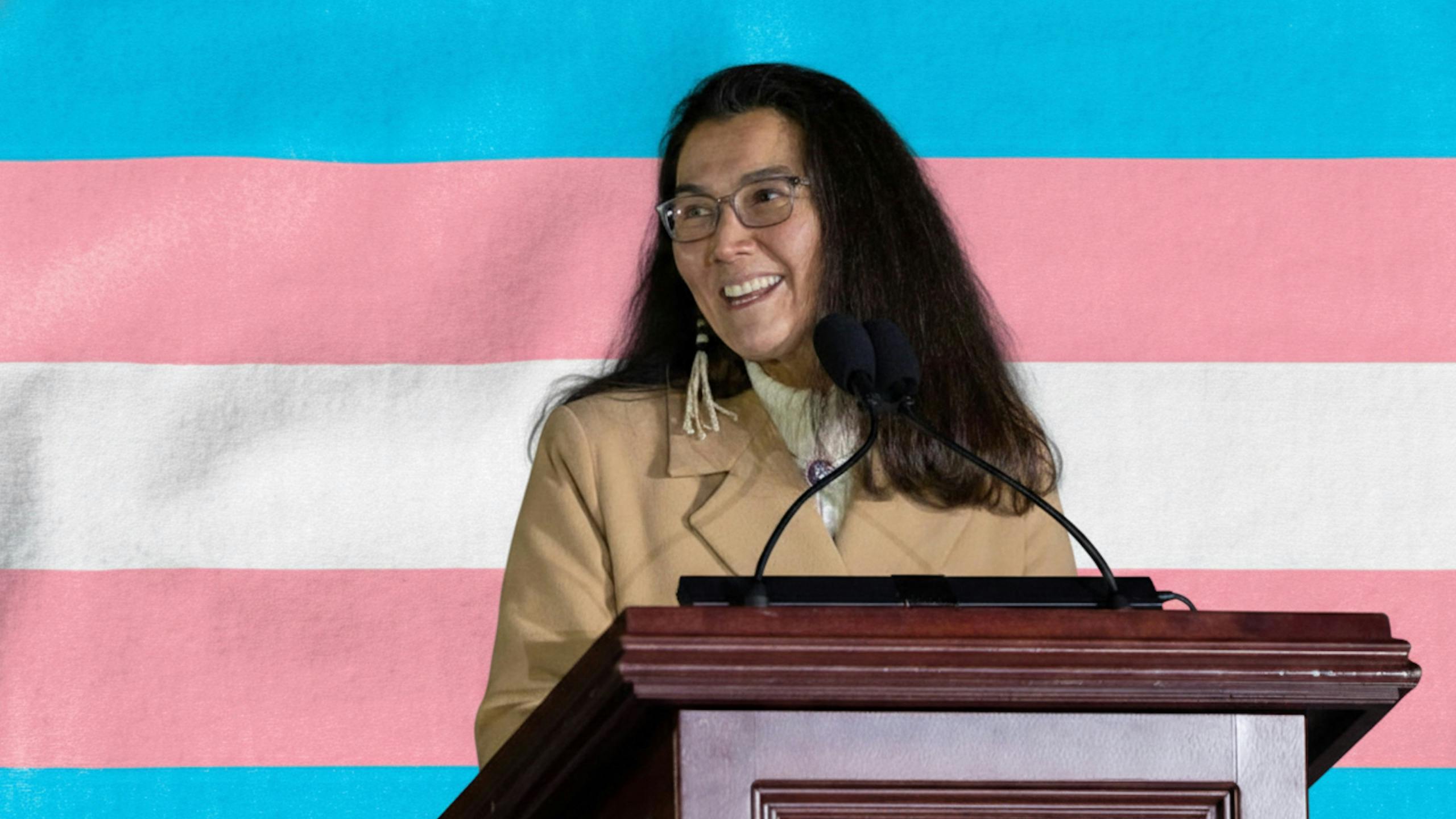MANUFACTURING ‘HATE’: Conservatives Pressure Companies to Drop Ties With SPLC After Charlie Kirk Assassination

FIRST ON THE DAILY SIGNAL—Conservative shareholders at eight major corporations have filed resolutions urging those companies to stop using politicized tools like the Southern Poverty Law Center’s “hate map,” which added Turning Point USA a few months before the assassination of Charlie Kirk.
Live Your Best Retirement
Fun • Funds • Fitness • Freedom
The Heritage Foundation and portfolio manager David Bahnsen, which have held thousands of dollars in shares at each of the companies, filed the proposals last week.
“The Southern Poverty Law Center has designated October as Hate Crimes Awareness Month—but few organizations have sown more hatred against fellow Americans than the SPLC itself,” Heritage Chief Advancement Officer Andrew Olivastro told The Daily Signal in a statement Friday. “It doesn’t fight hate—it manufactures it, embedding division into every press release they issue and every word they post; their business model is defamation, and America is finally waking up.”
“Companies are now rightly distancing themselves from the SPLC, recognizing that its model is not only flawed but dangerous,” Olivastro added.
“As someone who lives in Alabama, right in the SPLC’s backyard, I’ve seen its nefariousness up close,” Allen Mendenhall, senior advisor for Heritage’s Capital Markets Initiative, told The Daily Signal. “The assassination of Charlie Kirk has made tragically clear what conservatives have warned for years: When groups like the SPLC equate mainstream conservative beliefs with hatred, they help create a culture of dehumanization with deadly consequences.”
“No company that truly wants to combat hate should rely on the SPLC, which absurdly lumps groups like Turning Point USA and Alliance Defending Freedom with the Ku Klux Klan,” Mendenhall added.
The Heritage Foundation filed resolutions with Alphabet (Google’s parent company), Amazon, Mastercard, Meta (Facebook’s parent company), PayPal, Salesforce, and Starbucks. Bahnsen filed a resolution with Texas Instruments.
Each of the proposals calls on the companies to launch investigations into “the benefits, costs, and legal, reptuational, competitive, and other relevant risks of the use of diagnostic tools created by politicized corporate partners.”
The SPLC
The Southern Poverty Law Center gained its reputation by suing Ku Klux Klan groups into bankruptcy, and now it publishes a “hate map” that plots mainstream conservative and Christian groups alongside Klan chapters. A terrorist used the “hate map” to target the Family Research Council in Washington, D.C., for an attempted mass shooting in 2012, and while the SPLC condemned the attack, it kept the council on the map.
The SPLC added Turning Point USA to the “hate map” this summer, a few months before the assassination of Kirk, Turning Point’s founder. The SPLC condemned the assassination, but has yet to remove Turning Point from its map.
In recent years, the SPLC has added parental rights groups like Moms for Liberty to the “hate map,” along with groups of doctors who oppose “gender-affirming care,” conservative Christian nonprofits including Focus on the Family, and even the nonprofit PragerU, best known for producing 5-minute educational videos.
Liberals like former ACLU President Nadine Strossen have joined conservatives in criticizing the SPLC “hate map,” yet major companies have adopted the map as a screening tool, refusing to do business with organizations the SPLC brands “hateful” or “extremist.” Earlier this month, FBI Director Kash Patel announced that the bureau had stopped relying on the SPLC, calling the group a “partisan smear machine.”
“The SPLC’s use of persistently undefined terms like ‘hate’ to vet nonprofits is of deep concern to shareholders, as rhetoric around ‘hate’ generates real-world consequences, including the 2012 Family Research Council shooting and, more recently, the assassination of Charlie Kirk, whose organization, Turning Point USA, the SPLC had recently described as hateful,” the shareholder proposals note.
The proposals also encourage companies to shift to “internal vetting systems to better ensure political neutrality.”
1. Alphabet
Heritage’s shareholder proposal for Alphabet cited reports that Google’s YouTube had included the SPLC in its “Trusted Flagger” program, which helps police YouTube for extremist content, ranging from so-called hate speech to terrorist recruiting videos.
“A recent House Judiciary report indicated Alphabet’s participation in political censorship under the previous administration, along with its use of ‘fact-checking partners … to support [content] moderation,'” the shareholder proposal also notes. “Continued support for the SPLC may be perceived as endorsement of its controversial practices, potentially harming Alphabet’s brand and market value.”
“The reputational brand risk associated with such partnerships is a significant concern for shareholders,” the proposal notes.
2. Amazon
The Heritage Foundation’s shareholder proposal to Amazon notes that the online retail giant had “relied on SPLC data to vet charities in its former AmazonSmile program.”
“This practice raises concerns among shareholders regarding whether Amazon continues to use SPLC data in other facets of its corporate practice, and the potential reputational risks of doing so,” the proposal notes. “Continued support for the SPLC may be perceived as endorsement of its controversial practices, potentially harming Amazon’s brand value and, by extension, its market value.”
3. Mastercard
The Heritage shareholder proposal for Mastercard notes that the credit card company “has reportedly used the SPLC’s guidance in its policies, including restricting conservative organizations like the David Horowitz Freedom Center.”
The proposal notes that the SPLC bragged in congressional testimony that David Horowitz said, “The reason Mastercard and Visa gave us for cutting us off and thus sabotaging our online fund-raising operation is that the SPLC told them that we were a hate group.”
“Mastercard recently committed to political neutrality in advertising policies—shareholders deserve to know that Mastercard’s account moderation policies are also in keeping with political neutrality,” the proposal adds.
4. Meta
Facebook, whose parent company is Meta, consulted with the SPLC in policing the platform for “hate speech” and “hate groups,” according to a Daily Caller report from 2018. The SPLC appeared on a list of “external experts and organizations” that Facebook works with “to inform our hate speech policies.”
In 2019, Facebook spokeswoman Ruchika Budhraja told PJ Media, however, that the social media platform did not consider Alliance Defending Freedom, one of the SPLC’s targets, a “hate group.” Budhraja also clarified that Facebook did not consider ACT for America or the Center for Immigration Studies to be hate groups. Budhraja did not explicitly disavow the SPLC, however, and the platform did not follow suit when Twitter disavowed the leftist group in 2019.
5. PayPal
The Heritage shareholder proposal for PayPal notes that the payment platform used the SPLC’s “hate group” list “to vet users and organizations for account bans and payment processing restrictions.” PayPal’s then-CEO Dan Schulman told The Wall Street Journal in 2019 that it had consulted with the SPLC.
6. Salesforce
The Heritage proposal for Salesforce notes that the company “relied on SPLC’s ‘hate group’ list for technology policy enforcement and account moderation,” that it had “cancelled or restricted accounts of organizations and individuals based on SPLC designations (including cancellations on its subsidiary Slack).”
In a 2022 blog post, Salesforce stated that it uses the SPLC list “to identify hate groups and keep hateful material off our platform.”
Also in 2022, Fox News reported that Slack had banned the Federation on American Immigration Reform, which the SPLC calls an “anti-immigrant hate group” from the platform.
7. Starbucks
The coffee giant “uses the SPLC to vet charities for its Partner Matching Gifts program.” Starbucks flatly states that “organizations listed on the Southern Poverty Law Center Hate List” are not eligible for the program.
8. Texas Instruments
“Texas Instruments has been publicly identified as working with the SPLC, including in its employee gift match policies, where the company explicitly bars ‘organizations included on the Southern Poverty Law Center list of hate groups’ from eligibility,” Bahnsen’s shareholder proposal notes.
Indeed, a 2020 document outlining Texas Instruments’ matching gift program states that “organizations included on the Southern Poverty Law Center list of hate groups” are ineligible for matching gifts.
The post MANUFACTURING ‘HATE’: Conservatives Pressure Companies to Drop Ties With SPLC After Charlie Kirk Assassination appeared first on The Daily Signal.
Originally Published at Daily Wire, Daily Signal, or The Blaze
What's Your Reaction?
 Like
0
Like
0
 Dislike
0
Dislike
0
 Love
0
Love
0
 Funny
0
Funny
0
 Angry
0
Angry
0
 Sad
0
Sad
0
 Wow
0
Wow
0



